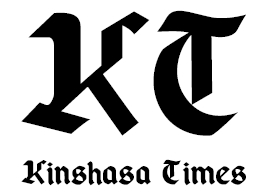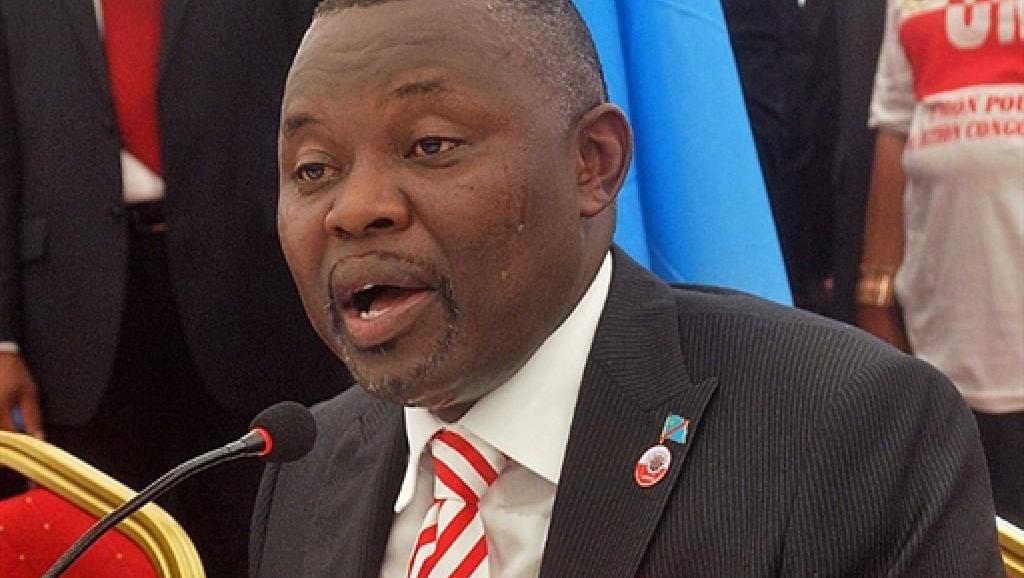 On 12 September 2016, Vital Kamerhe announced the opposition attending the national dialogue suspended its participation from the forum in order to consult on which election the National Independent Electoral Commission (CENI) should first organise.
On 12 September 2016, Vital Kamerhe announced the opposition attending the national dialogue suspended its participation from the forum in order to consult on which election the National Independent Electoral Commission (CENI) should first organise.
Before leaving the meeting room, members of the opposition proposed that the CENI should start with the presidential election concurrently with the legislative and provincial elections. The opposition further made the holding of those elections contingent upon the review of the voters register by the CENI.
The ruling coalition, on the contrary wishes that CENI should start with the local elections and hold the presidential election last. The regime also agrees that voters register should thoroughly be reviewed.
The opposition spokesperson in the dialogue, Jean-Lucien Busa, said “for us, top priority must be given to the presidential election. We unfortunately observed that the ruling coalition would rather want the local and municipal elections be held first, thus, potential enabling the incumbent president to extend his term office 3 to 5 more years”.
Reacting to the views of the opposition, Emmanuel Shadari, co-chair of the elections committee in the dialogue and member of the ruling coalition, said “the opposition suspension from the dialogue is a negotiation tactic which does not mean the dialogue is over”. He added “we understand their stance as needing time to consult. Maybe they will convince us or we will them”.
Shadari hoped the negotiations will help resolve the issue of the sequence of the various elections to be held.
The civil society on its part is split on whether the sequence of elections should be top-down or bottom-up.
Meanwhile, in a statement issued on 12 September 2016, the dialogue facilitator, Edem Kodjo, indicated “negotiations are under way with a view to creating conducive conditions to the resumption of the dialogue”.
It should be noted the opposition suspended its attendance only four days after CENI came up with three scenarios as for elections sequence.
The first sequence would see provincial and local legislative elections held first, then indirect elections then the presidential election concurrently with national legislative elections.
The second scenario consists in holding the presidential election concurrently with the national legislative polls first, then the provincial and local polls, followed by indirect polls.
The third sequence would see all direct polls held concurrently then followed by indirect polls.
Dialogue participants will have to pick on from the three scenarios.


